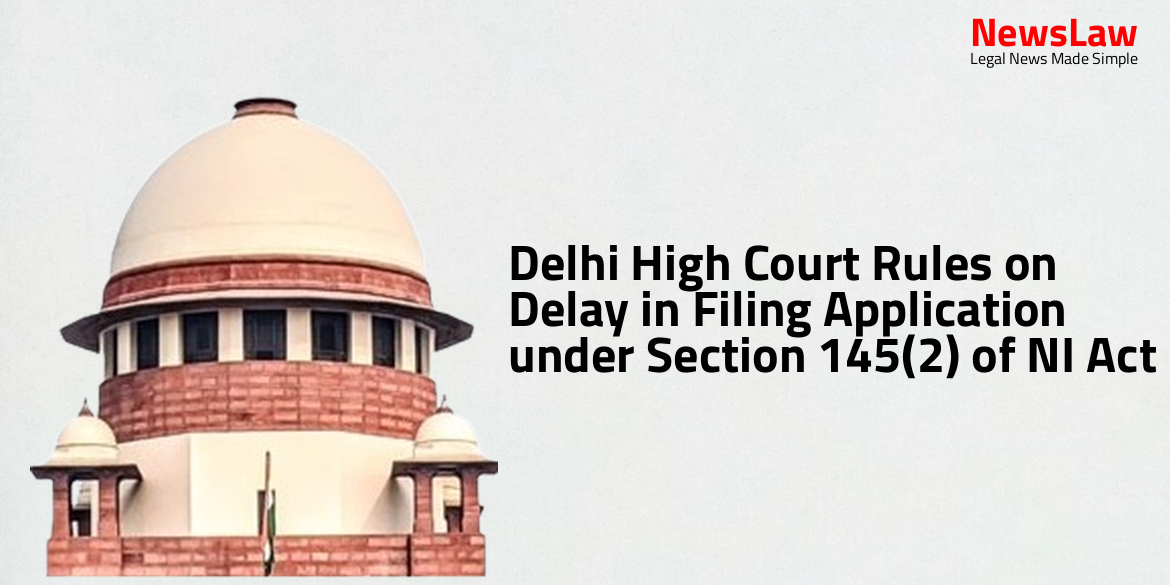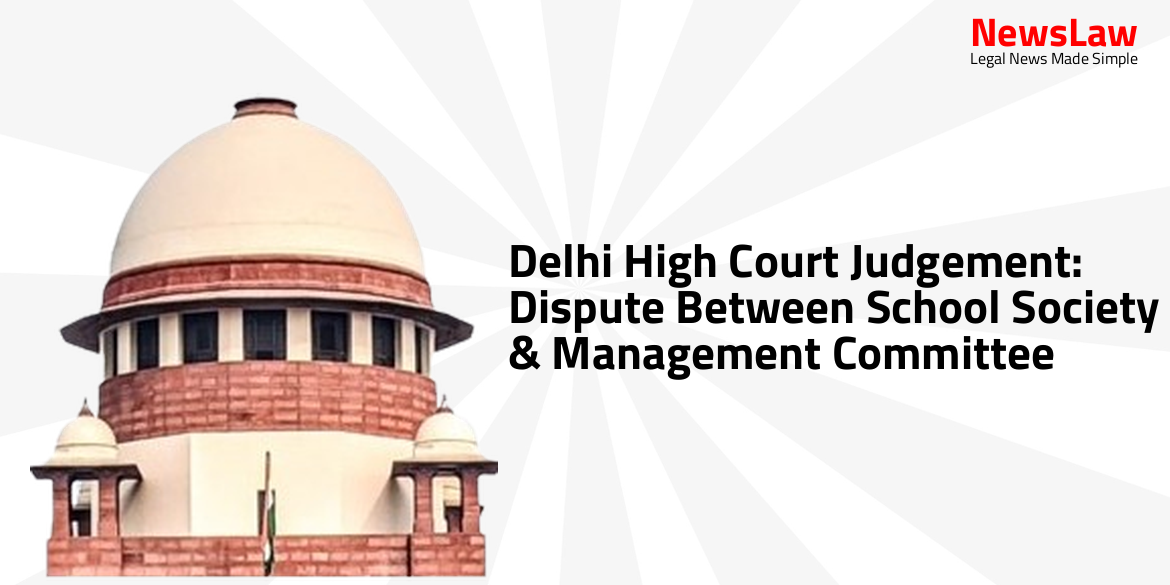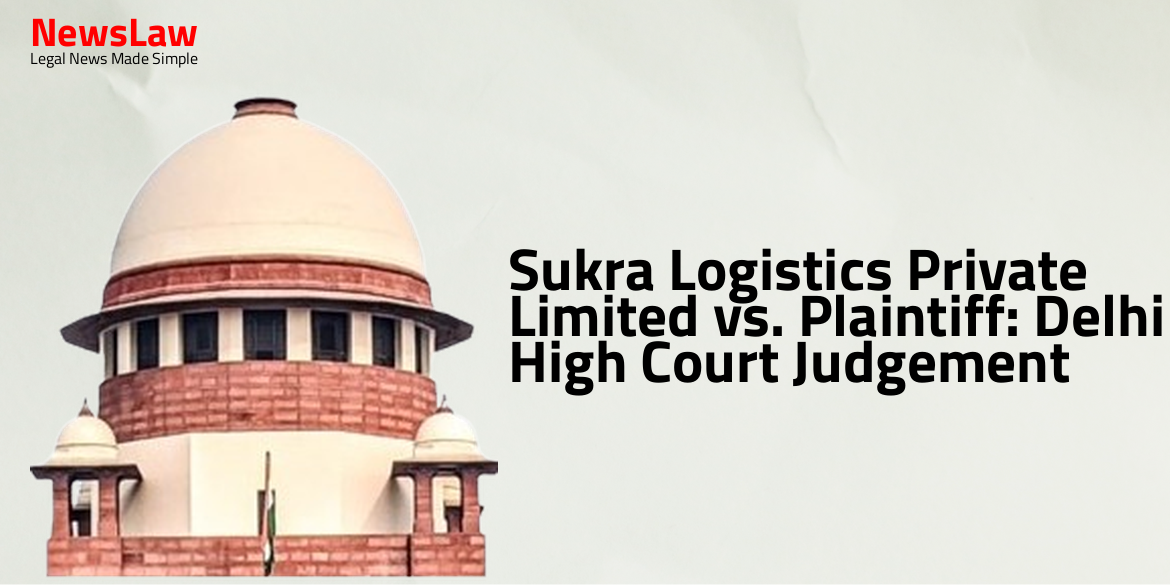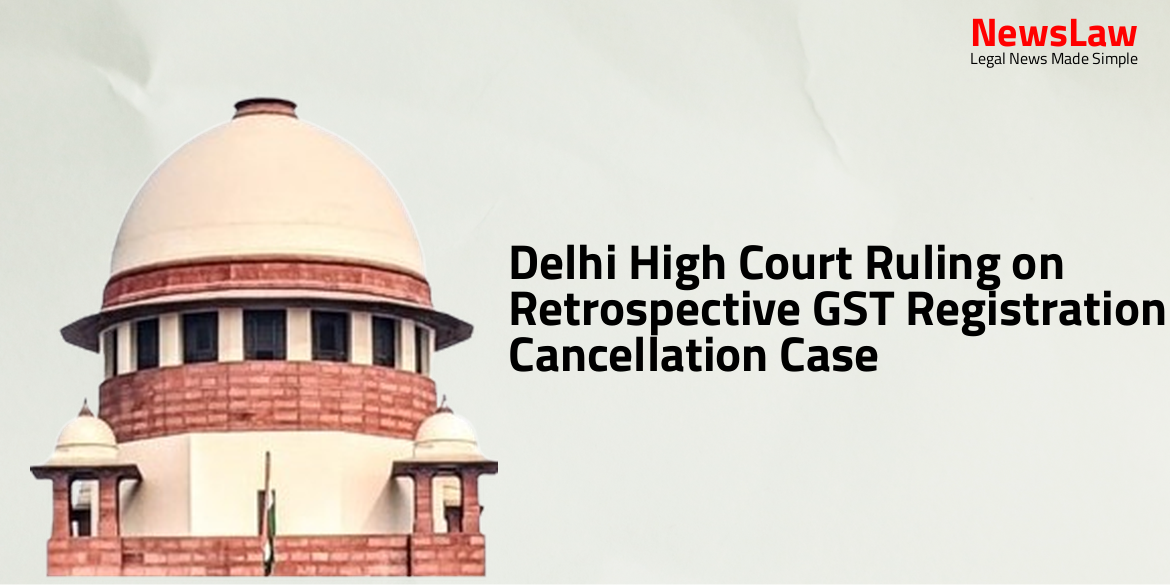In a significant judgment, the Delhi High Court addressed the delay in filing applications under Section 145(2) of the NI Act. The petitioners sought further time to file the application, attributing the delay to circumstances beyond their control. Despite facing initial challenges in the proceedings, the Court’s decision provides clarity on next steps for the parties involved.
Arguments
- The counsel for the petitioners argues that their conduct in the Complaint Cases does not show malicious intent but rather a delay in adjudication.
- The petitioners were unable to file an application under Section 145(2) of the NI Act within the court’s given time, due to circumstances beyond their control.
- The subsequent actions, including filing under Section 311 of the Cr.P.C. and Section 145(2) of the NI Act, were based on advice from their former counsel.
- The petitioners should not be penalized for the incorrect advice received from their counsel.
- Initially, the petitioners did not file an application under Section 145(2) of the NI Act when the notice was framed.
- The conduct of the petitioners during the proceedings has been dilatory.
- The petitioners were declined further opportunity to file an application under Section 311 of the Cr.P.C.
- An application under Section 145(2) of the NI Act was rightly dismissed by the learned Trial Court as well.
- The learned Trial Court granted the petitioners further time to move the application, yet they failed to do so.
- The present proceedings were filed after a significant delay from the last date the PD&SJ was on 25.10.2021.
Analysis
- Petitioners caused delay by filing repeated applications
- Trial Court erred by not granting further time for filing application under Section 145(2) of the NI Act
- One further opportunity could have been granted by the Trial Court
Decision
- Impugned Orders set aside.
- Petitioners allowed to cross-examine respondent no.2 if available on the next hearing date.
- No adjournment will be granted for cross-examination.
- If petitioners fail to cross-examine respondent no.2, the opportunity will be closed.
- Trial Court to reject unwarranted adjournment requests from petitioners.
- Adjudication of complaint cases to be done expeditiously, preferably within six months of first listing post-judgment.
- Petitions disposed of accordingly.
- Pending applications deemed infructuous.
- Cost of Rs. 1,20,000 to be paid collectively to the complainant before the next hearing.
- If complainant is present, petitioners to cross-examine without adjournment.
Case Title: MR. SIDDHARTH TANEJA Vs. STATE (NCT OF DELHI) & ANR. (2024:DHC:4093)
Case Number: CRL.M.C.-1551/2022



